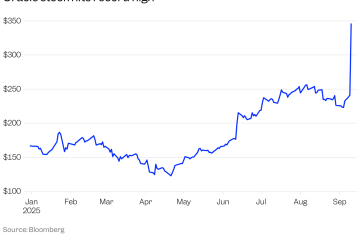The Journey of Hotmail: From Email Pioneer to Outlook Integration

Introduction
Hotmail, one of the earliest webmail services, was founded in 1996 and quickly gained popularity for its innovative features, allowing users to access their emails from anywhere. Its importance in the evolution of internet communication cannot be overstated, as it paved the way for subsequent email services and platforms. Its integration into Microsoft Outlook in 2013 marked a significant turning point, affecting millions of users worldwide.
Foundation and Growth
Established by Sabeer Bhatia and Jack Smith, Hotmail was revolutionary, offering features like free email, web-based access, and spam protection. By the end of its first year, it had over 1 million users. In 1997, Microsoft acquired Hotmail for an estimated $400 million, propelling it to new heights. Over time, it continued to innovate, introducing features like calendar integrations and increased storage capacity.
Integration into Outlook
In 2013, Microsoft began the process of integrating Hotmail services into its Outlook platform. This transition aimed to streamline operations and improve user experience. The change allowed former Hotmail users to access their emails through the modern, more versatile Outlook interface, which included enhanced security measures and better organizational tools. Microsoft emphasized this transition to unify its services under one brand, impacting over 400 million users who were shifted from the old platform.
Current Status
As of now, the Hotmail name has largely disappeared from the public consciousness, with most users now operating under the Outlook.com domain. However, many still retain their original Hotmail email addresses, which remain functional. The features that were once hallmark components of Hotmail now exist within Outlook, such as the robust spam filtering and user-friendly interface. Today, Outlook competes with numerous email services, including Gmail and Yahoo Mail, focusing heavily on security and mobile access.
Conclusion
The legacy of Hotmail lies in its pioneering role in the webmail industry, influencing how people communicate online. While it no longer operates independently, its integration into Outlook and its ongoing influence in email technology signify its enduring impact. Looking forward, users can expect to see continued enhancements in email services, with a focus on zero spam invasion, improved security, and seamless integration with other digital platforms. The evolution of email continues, and with it, the memory of Hotmail as a trailblazer in digital communication persists.









